February 25, 2022 | Friday
Since the war in Kosovo, air pollution and constant environmental degradation have always been major challenges. A lack of investment in environmental issues and weak legislative implementation means that Kosovo’s public institutions are only in the early stages of implementing any regulations that might limit environmental degradation, air pollution, or the use of unhealthy resources for energy production.
The ultimate goals of this project are to hold institutions to account and to apply pressure on them to implement healthy energy and environmental policies — and to meet agreed targets. Activities within the ‘Europeanisation of Kosovo’s Environmental Agenda’ (EKEA) action funded by the European Union in Kosovo, were designed to strengthen the capacities and knowledge of civil society, journalists, and Kosovo citizens in general to better understand issues relating to energy efficiency, health and the environment.
The most prominent and vocal civil society organisations (CSOs) in Kosovo are located in the capital, Pristina, but there are significantly fewer active CSOs in other municipalities. In order to boost the capacities of CSOs all around Kosovo to monitor and report on environmental wrongdoings, the EKEA action organised seven one-day training sessions in Kosovo’s major municipalities, with 191 civil society activists; as well as two workshops for journalists from the Kosovo Albanian and Kosovo Serb communities to help raise the capacities of local journalists to professionally report on issues such as energy efficiency, renewables, health and the environment.
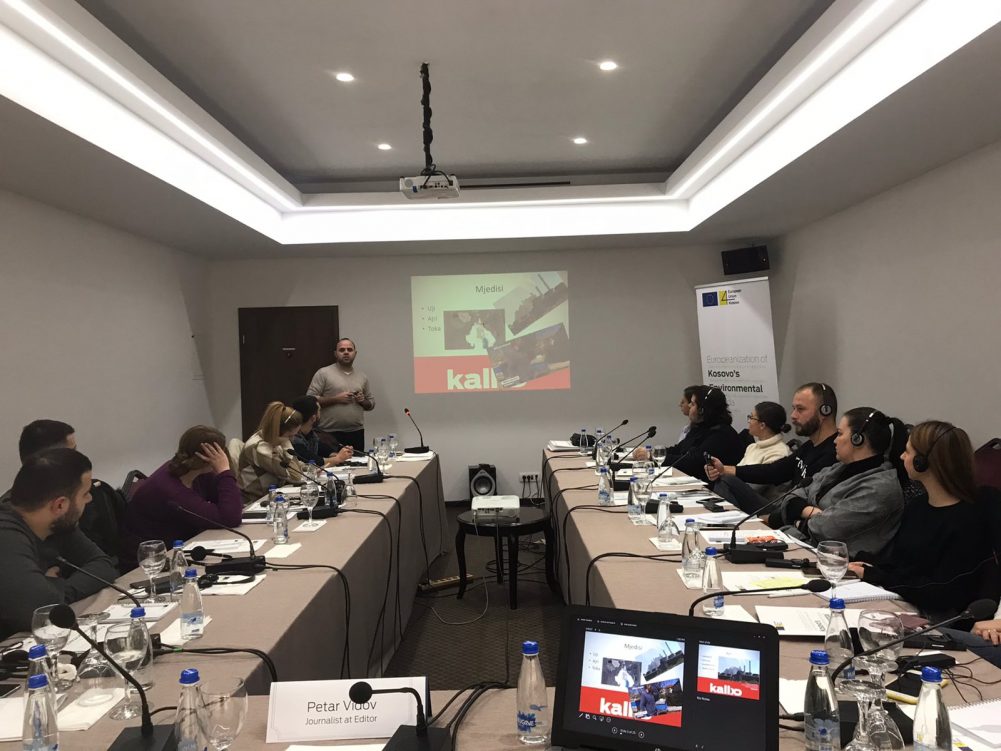
Sanja Djokic, a journalist at Media Centar who participated in one of the workshops, said that the training made her realise that there was significant carelessness from local institutions towards the environment. “Although I often reported on the situation related to the environment, only locally in the municipality in which I live and work, the environment was not given too much attention because political circumstances have always been a priority for politicians. After the training, I realized that the carelessness of local institutions towards the environment is too great and I managed to give a better context to the facts with my reporting and asked for answers from all those who are responsible in any way, so that they pay attention to local environmental problems. Although daily politics has occupied the public, it seems to me that issues of a healthy environment are slowly returning to the agenda” – she said.
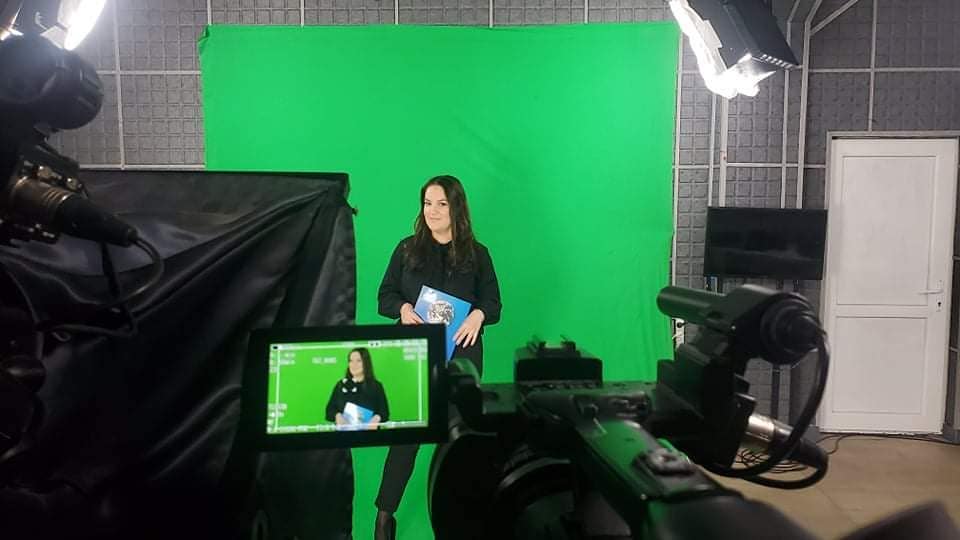
As part of the action, six journalists have been given awards for the best and most thought-provoking journalistic pieces on TV, in print and online over the past two years.
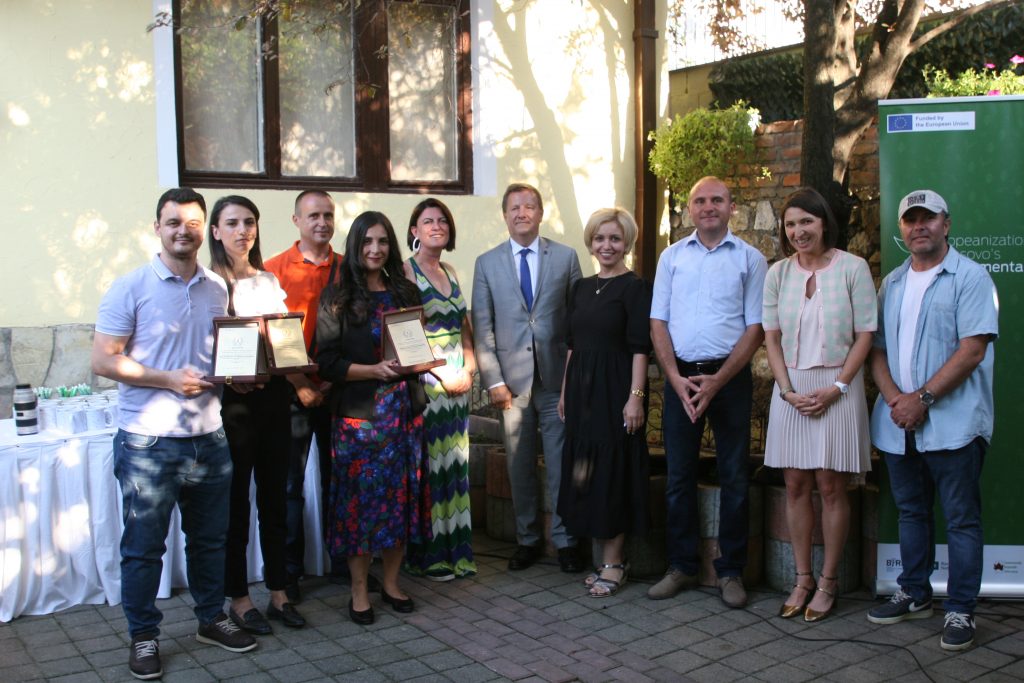
Another of the most important activities was ‘Green Energy Days 2021’. Held in June and July, it helped to put a spotlight on energy efficiency by hosting local, regional and international conferences, as well as youth dialogue meetings and collective actions. A position paper and several articles and public service announcements were also published as part of the 10-day programme.
One conference panellist was the environmental activist and director of the Active Citizens NGO, Flutura Zymi. An active citizen herself, Zymi has long been engaged in reporting on and advocating for environmental protection.
“The BIRN and EKEA partners’ environmental protection activities that I participated in tackled issues that we face as activists, she said. “Governmental institutions are still not prioritising environmental care and protection, or our health. Advocacy and education are much needed. Cooperation between NGOs in the Western Balkans is key to jointly protecting the environment”.
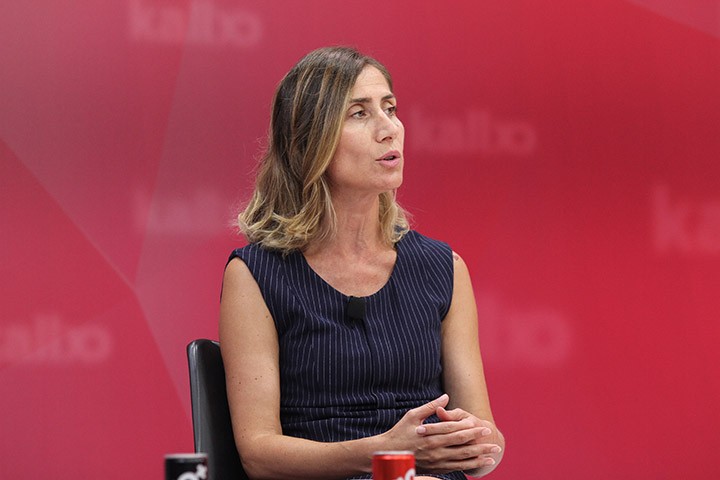
Vjollca Loci, a young person from Peja/Peć who participated in the youth dialogues, said that such activities are long overdue for Kosovo’s youth.
“Beginning with even the most basic things, like the amount of water that we use to brush our teeth, encourages us to have more awareness of the protection of natural resources for future generations,” she said. “It also helps us understand that we can impact the reduction of climate change”.
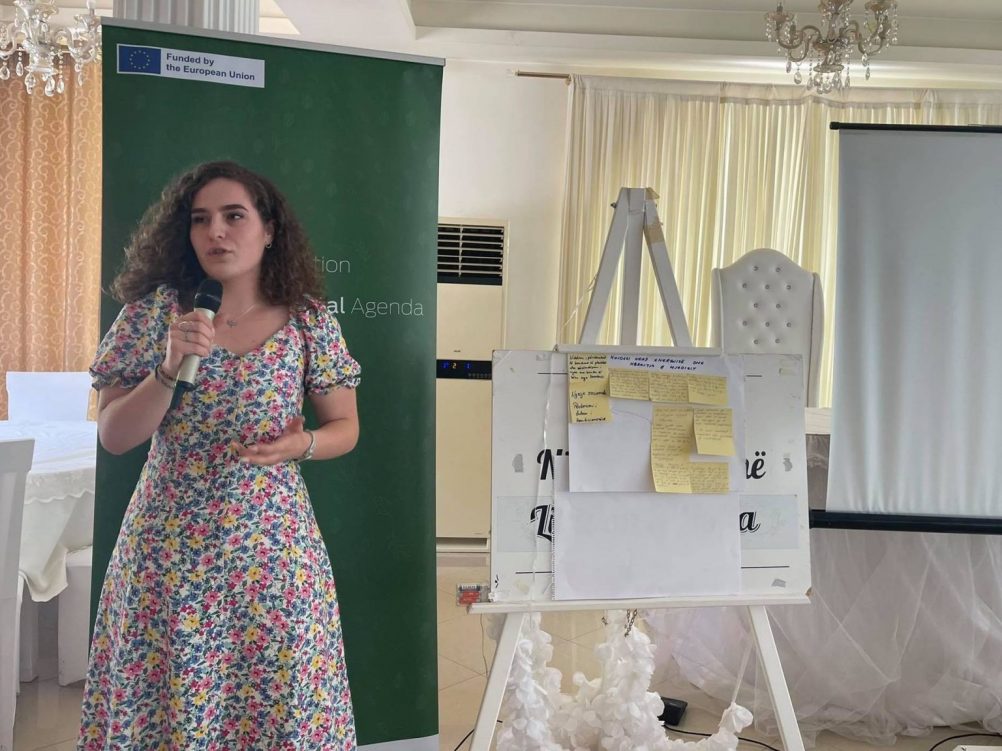
With a lot at stake for Kosovo in the diplomatic arena, the majority of the country’s media space tends to be given to political developments and activities. However, people in Kosovo often fail to understand how developments in the energy and environment sector play a significant role in our lives and how they intersect with major macroeconomic developments.
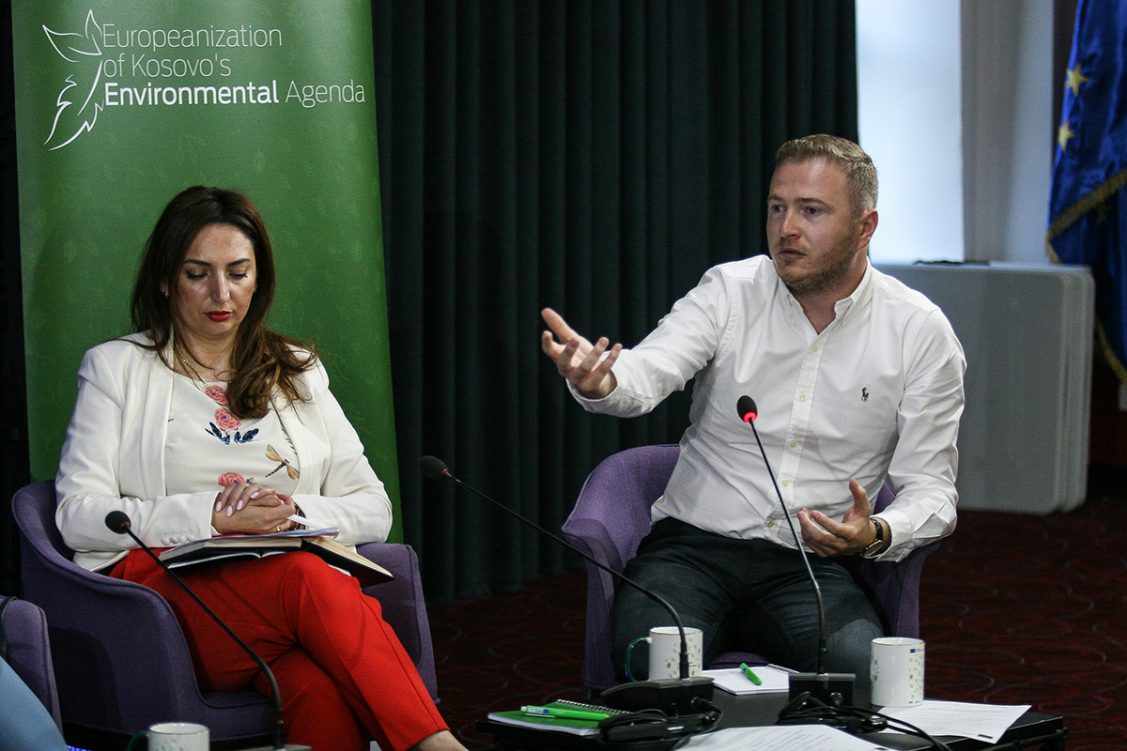
To help rectify this, the EKEA partnership has published more than 200 articles, news pieces and investigations, including televised debates and investigations.
Despite the ongoing impactful reporting that has regularly led to major impacts, Vesna Banovic Vukasinovic, a journalist from project partner TV Mreža stated that there are still challenges for environmental reporting.
“Politicians have this tendency not to prioritise environmental issues”, she said. “The most common problem for me as a journalist is that they don’t want to answer these questions, considering them irrelevant because they are ‘busy’ with daily politics, and they often appoint lower-ranking officials who don’t know the answers to questions or who give us vague answers. Sometimes, they don’t answer our calls or emails at all, and if they do, it’s with a considerable delay of even a month or two. It’s very difficult to find an adequate and competent interlocutor”.
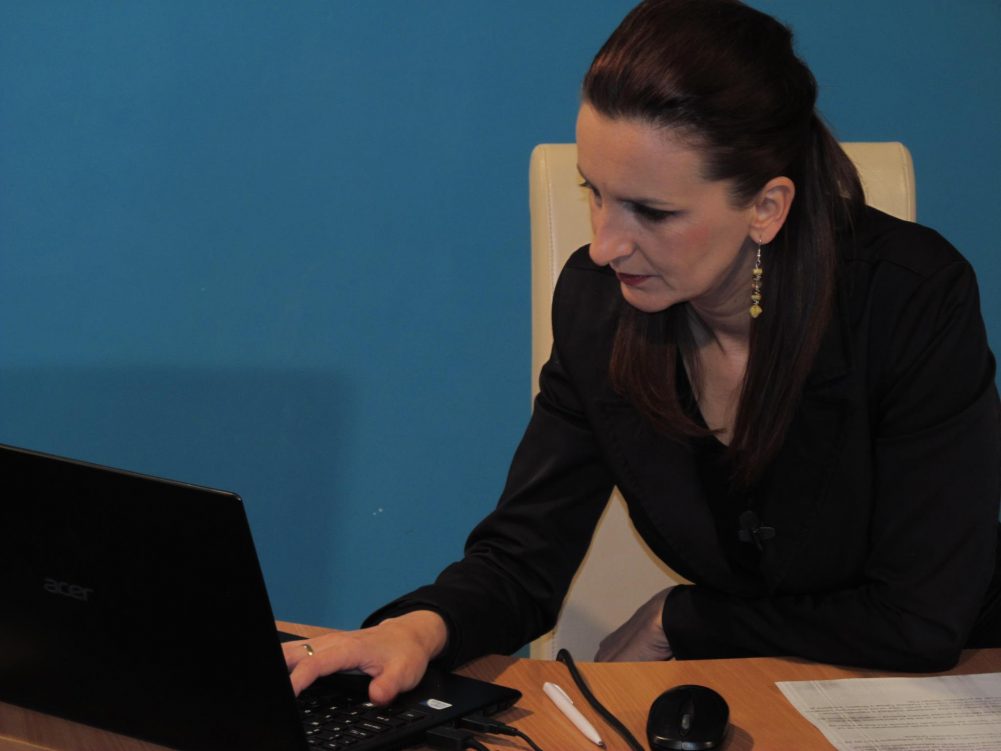
To contribute to raising the awareness of young people on environmental issues, EKEA partners organised educational sessions in schools around Kosovo on the importance of a clean and healthy environment, energy efficiency and their impacts on health.
Adelina Kastrati, a project officer at one of the project partners, ERA Group, said that participants in the sessions had highlighted that it was the first time they had benefited from such activities. “Participants were encouraged to participate in the future too, stating that these activities are badly needed,” she said, adding that they have recently received requests to implement similar activities in other schools.
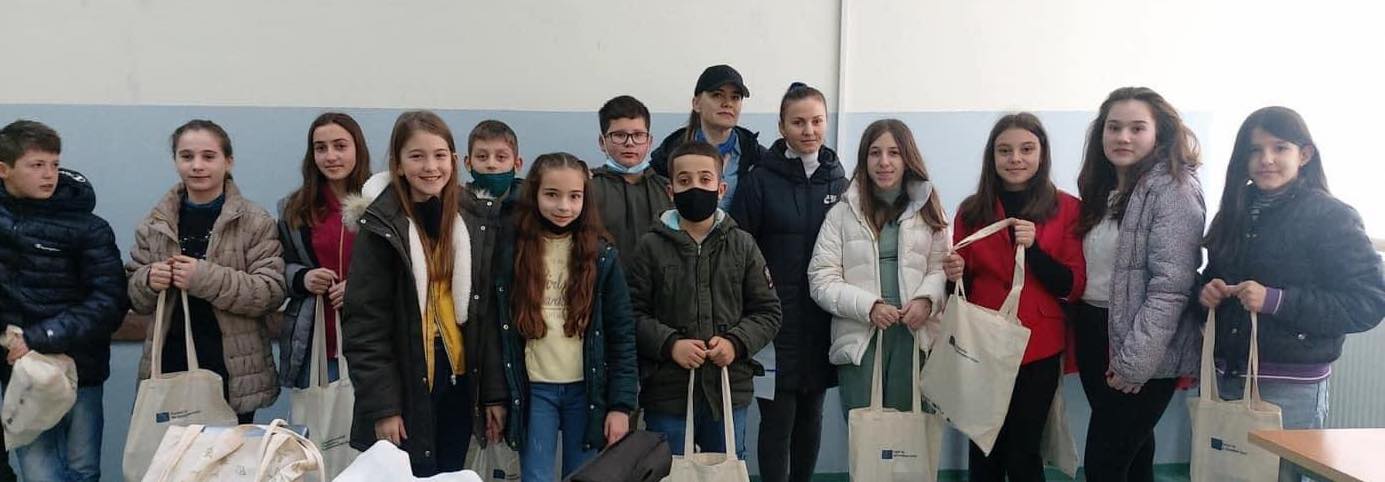
Reflecting on the project as a whole, project manager Diellza Salihu said that managing a project of this nature with ongoing daily activities has been a challenge, but that it was “definitely worth it” when considering its impacts on Kosovo citizens, journalists, youngsters and other participants.
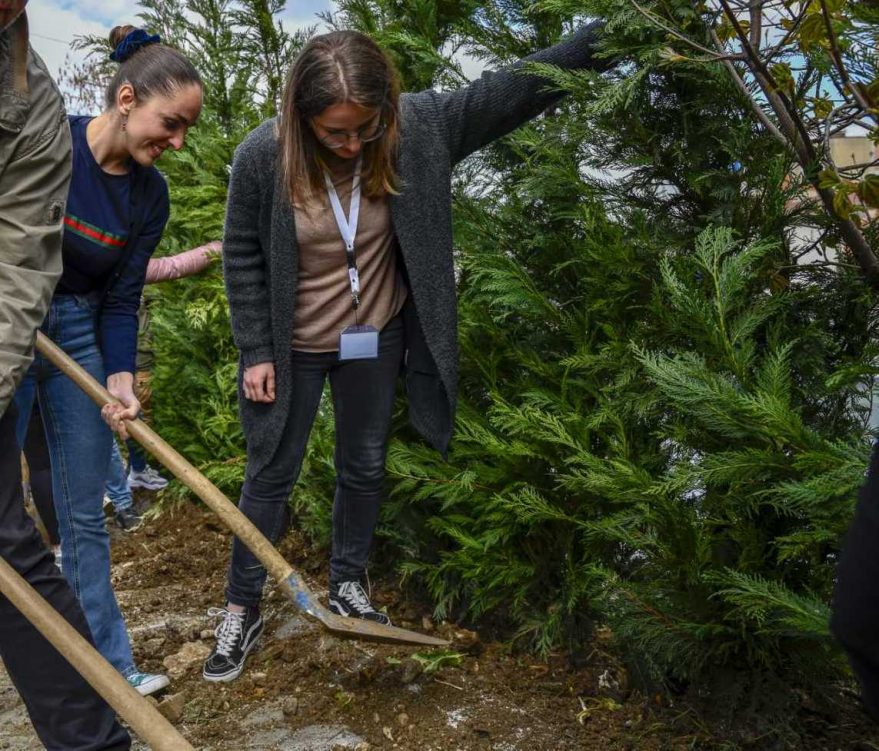
“Managing the action has definitely been easier as a result of a very healthy relationship with the EU that is based on mutual respect and recognition of efforts,” she said. “BIRN Kosovo and its partners appreciate the help, suggestions and the overall support that the EU provides”.